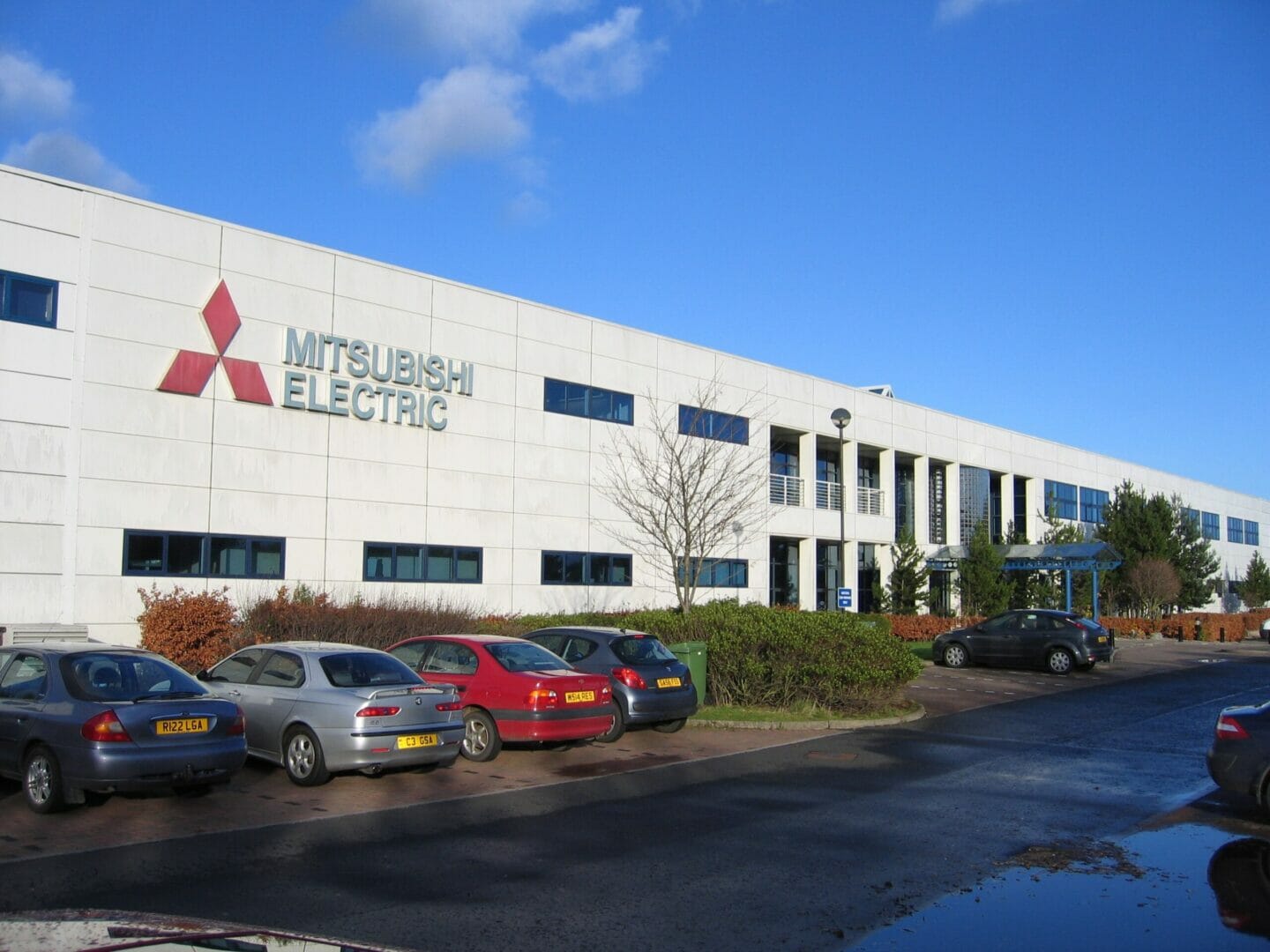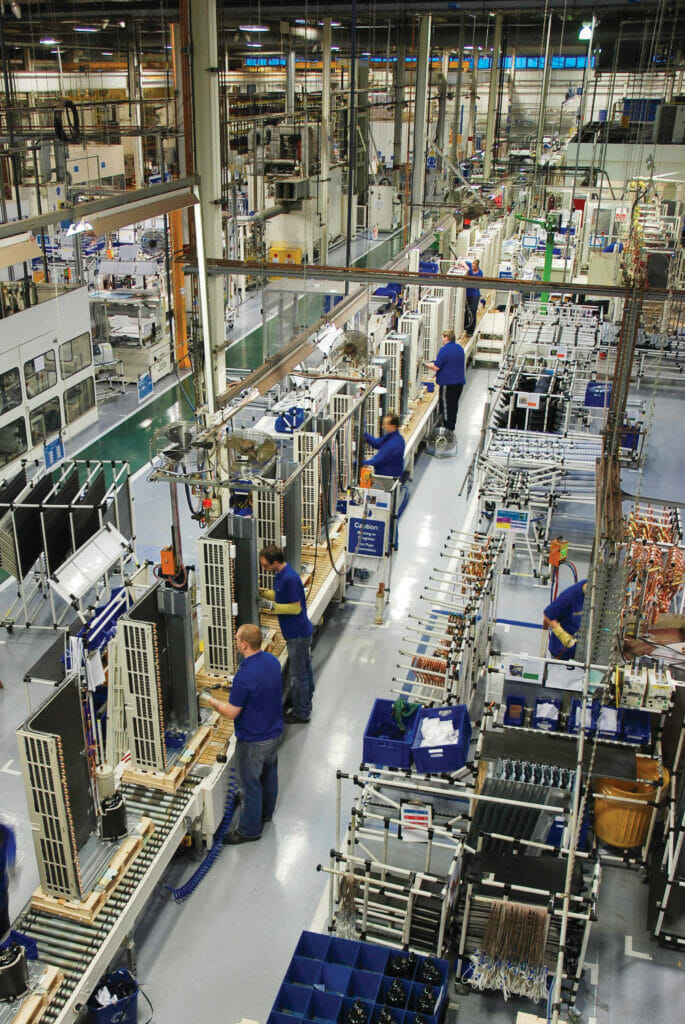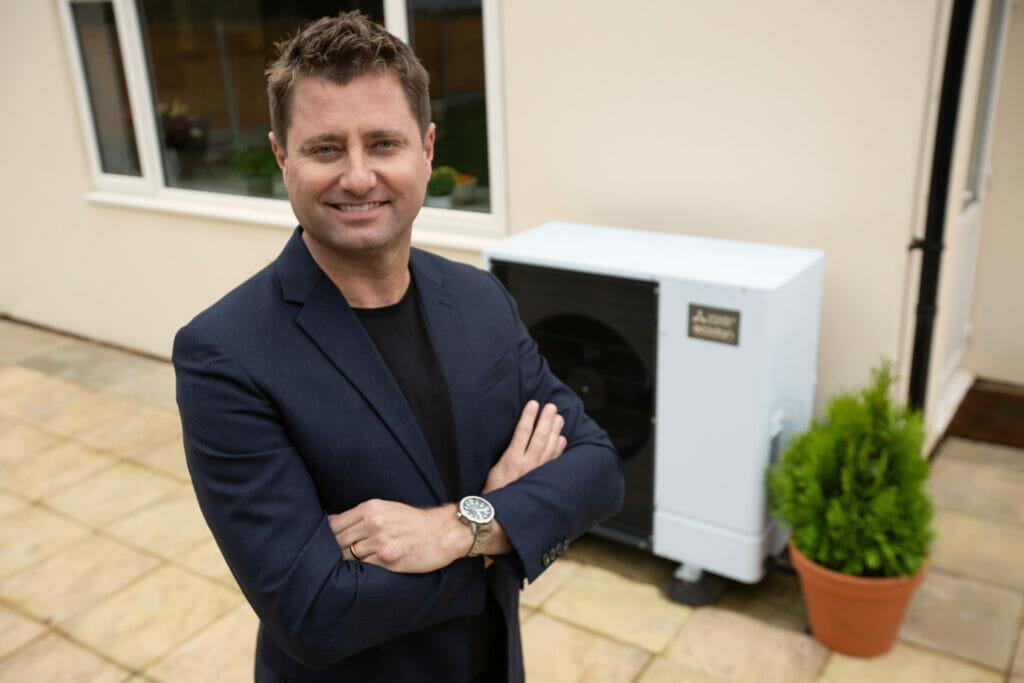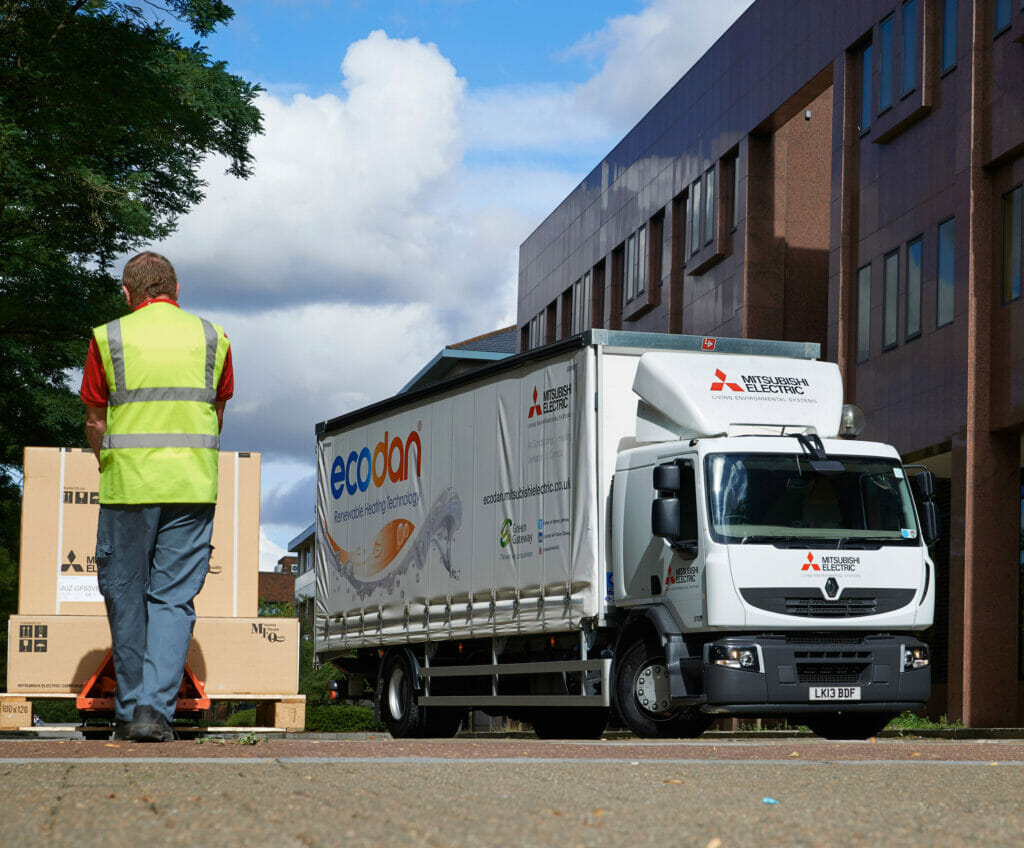
The government recently announced its ‘Heating and Buildings Strategy’, which is part of a much bigger document called ‘Net Zero Strategy: Build Back Greener’.

On the face of it, it is very good, with a committed £450m in grant funding so people can apply for up to £5000 towards the cost of their air source heat pump (ASHP) installation.
If a typical install is around £10,000 and the government give you £5,000 then the cost to you is broadly comparable with a gas installation.
This is a very welcome announcement as it is often the higher capital cost of an ASHP installation, over a gas boiler installation, which can be stumbling block.
However, the bad news is that the level of grant funding means only 90,000 ASHP installations will happen over the next 3 years.
That’s only 30,000 per year! That just isn’t good enough and is way short of the Prime Minister’s wish to see 600,000 ASHP’s being installed every year by 2028.
We have close to 29 million existing homes in Britain. There is a long way to go before all are heating their homes and hot water with, clean, green, renewable-energy technology.
We have to strive to get there and fast, but this funding falls way short for me.
The government see this as being a catalyst for the heat pump industry and a boost to kick start more installations and reduce costs so overall prices fall and the market can then deliver more affordable installations.
Even if the money isn’t enough, at least heat pumps are high on the government’s list of ways for the country to meet its net-zero ambitions.
Insulate, insulate, insulate
What is worrying though, is that I don’t see any significant incentives for people to improve the INSULATION standards of their existing home.
This is a huge problem, because homes should be well-insulated before they even consider installing an air source heat pump.
A ‘FABRIC FIRST’ approach must happen in all of our existing buildings to keep them and us warm and avoid heat being wasted by escaping through uninsulated walls, floor and ceilings.
To not include a massive announcement to incentivise the upgrading of insulation standards in all existing homes is actually a travesty.
Heat pumps AND insulation should have been given big financial incentives and government support in this announcement, because they go hand-in-hand.
Banning gas boilers
The recently published ‘NET ZERO STRATEGY : BUILD BACK GREENER’ covers everything from farming to nuclear power and carbon capture.
Lord Deben, the Chairman of the ‘Climate Change Committee (CCC)’ has been very positive and given the report the thumbs up because it sets clear environment targets and specific dates to meet them.
However, the most cynical comments I’ve seen following the document’s publication is many believe that the governments initiatives for low carbon heating in homes is simply set to fail due to a lack of cash.
I don’t think the problem is a lack of cash. The problem lies in legislation because they should actually ban gas boilers in all homes (not just new build homes) and push for their replacement with low carbon heat pumps by a certain date.
Unfortunately, the government see this as a step too far and don’t want to legislate like this because they hope consumers will just gradually change to heat pumps as the technology gets better, prices reduce, gas boilers become more frowned upon and heat pumps become more common throughout the country.
However, change is difficult, so who knows if the market will naturally go this way. I hope it does.
And now for some good news
The very, very good news is that government has announced this year that every NEW BUILD home from 2025 cannot have a gas boiler and must use heat pumps instead.
I’m pleased to say that I know a number of good house-builders out there who aren’t waiting until 2025, but are installing ASHP’s in all their new housing developments already.
They want their teams to be ahead of the game in understanding the technology and they want to form strong relationships with manufacturers like Mitsubishi Electric and accredited installers as soon as possible. They want to gain all of that clean, green experience now and not wait 4 years.
Unfortunately, many will continue to install gas boilers right up to the 2025 mark, because it is cheaper and it’s what they know. I suppose even the Victorians clung on to steam power until the very end.
However, we cannot stall, we cannot falter, it must be FULL GREEN AHEAD, no matter how painful the transition may be. I live in hope that the biggest climate change of our lifetime will be a great success, so the entire planet as one can celebrate.
George Clarke is an architect, writer, TV presenter and Ambassador for Ecodan air source heat pumps.
Smart factory will produce next generation low carbon heat pumps
Mitsubishi Electric is investing £15.3m in its manufacturing plant in Livingston, Scotland, with Scottish Enterprise support, in a move that will significantly increase its productivity, efficiency and research & development (R&D) capabilities.
The development of a ‘smart factory’ allows the company to integrate automation and robotics equipment into its operations – and install industrial advanced sensing systems to provide real time information. The move will also enhance and develop the digital skills of Mitsubishi Electric’s employees to help support the development of next generation heat pump technology, including investigating new ‘low global warming potential’ refrigerants and materials.
The Livingston factory already produces the market-leading, Ultra Quiet Ecodan air source heat pump and the move is designed not only to lower the manufacturing emissions, but also enable customers lower their emissions too.
The heating products manufactured in Scotland are renewable low carbon alternatives to traditional high carbon heating systems. This reliable, renewable heating technology delivers highly efficient sustainable space heating and hot water all year round.
Decarbonising heat is a key priority in achieving the UK’s stringent net zero targets to help address the climate emergency, with heating accounting for more than 40% of global CO2 emissions.
In the development of the smart factory, the company is seeking ways to incorporate the outputs into future product manufacturing to create world-leading products that reduce their overall environmental impact, while delivering renewable energy that is urgently required for meeting environmental goals and achieving net zero status.
For more information visit www.ecodan.co.uk


